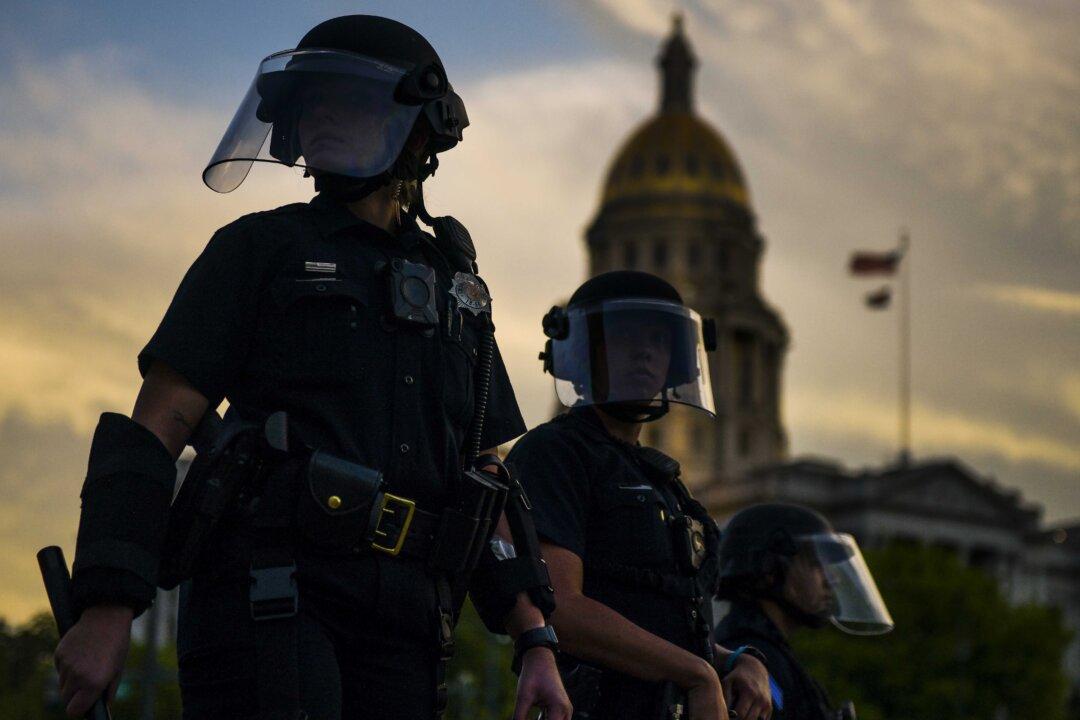Commentary
The time for serious police reforms has come. There is no ignoring that fact. Cities and states around the nation are already working on what those reforms will look like.

The time for serious police reforms has come. There is no ignoring that fact. Cities and states around the nation are already working on what those reforms will look like.